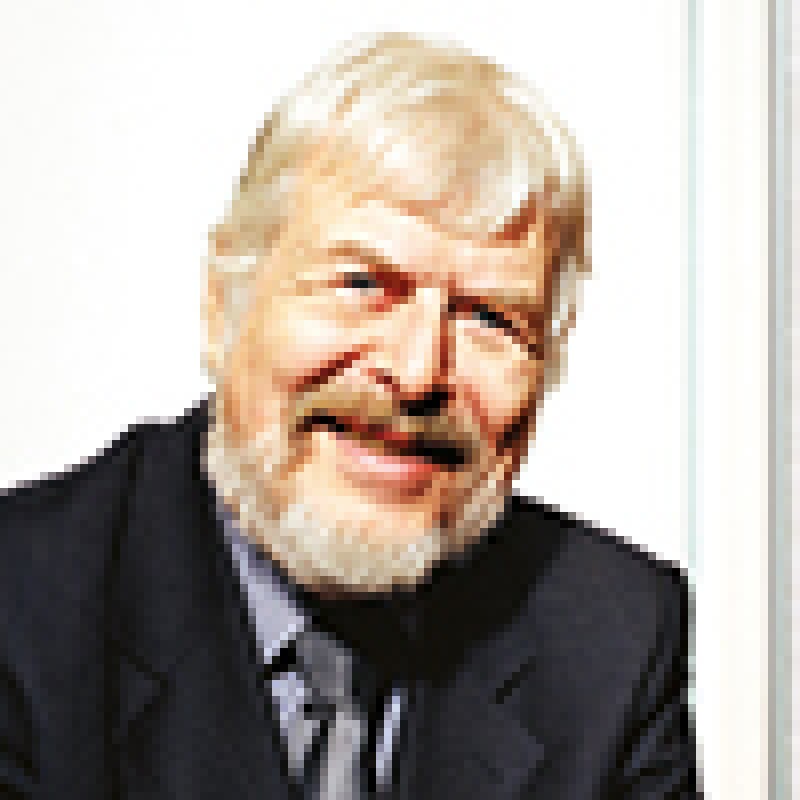An example of an international trade mark that Austria considered for registration is Access the Inaccessible for goods and services all connected to mountaineering, climbing and work at height. This English language word mark had, among others, a designation for the UK and for Austria. In the UK, the trade mark was finally registered in spite of some difficulties. The Austrian Patent Office and the appellate court did not find it relevant that the mark was approved in the UK. Registration in a foreign country, even in a country where the relevant language is the official language spoken by the whole population, can never be binding for Austria. The reasons behind this are not only formal legal reasons (for example, territoriality), but also that the English authorities examine the trade mark from the viewpoint of English consumers while the Austrian authorities examine the same trade mark from the point of view of Austrian consumers. These perspectives might well be different since the understanding of the meaning of the foreign words might not be identical to that in a foreign country.
Whether a term in a foreign language is distinctive depends on whether it is known in Austria sufficiently so that the circles concerned can understand its meaning in a way that excludes distinctiveness. This can even be the case when the term is unusual in the foreign language. The majority of the Austrian population has a basic knowledge of English. As a result, it cannot be asserted that the words of this trade mark would be considered incomprehensible. On the contrary, people would look for a meaning.
The trade mark owner stressed that the trade mark consists of a contradiction: something which is inaccessible cannot be accessed. The court replied that, in particular, such overstated combinations are widely used in promotional slogans and are therefore not able to form the basis of distinctiveness and therefore to qualify as an indicator of a specific origin of the goods and services. The circles concerned will readily understand the wording of the trade mark in the sense that, with such goods and services, the hitherto inaccessible is now made accessible. To come to that understanding no reflection or varying opinions are needed. Whether the sign could also be understood differently is of no importance. If one form of interpretation is generally complimentary and descriptive, the mark cannot be registered despite other possible interpretations.
Thus English words or a combination of words can be refused as a trade mark by the Austrian authorities, even if accepted as sufficiently distinctive by the authorities in a country where English is an official language.

|
Helmut Sonn |
SONN & PARTNER Patentanwälte
Riemergasse 14
A-1010 Vienna, Austria
Tel: +43 1 512 84 05
Fax: +43 1 512 98 05











